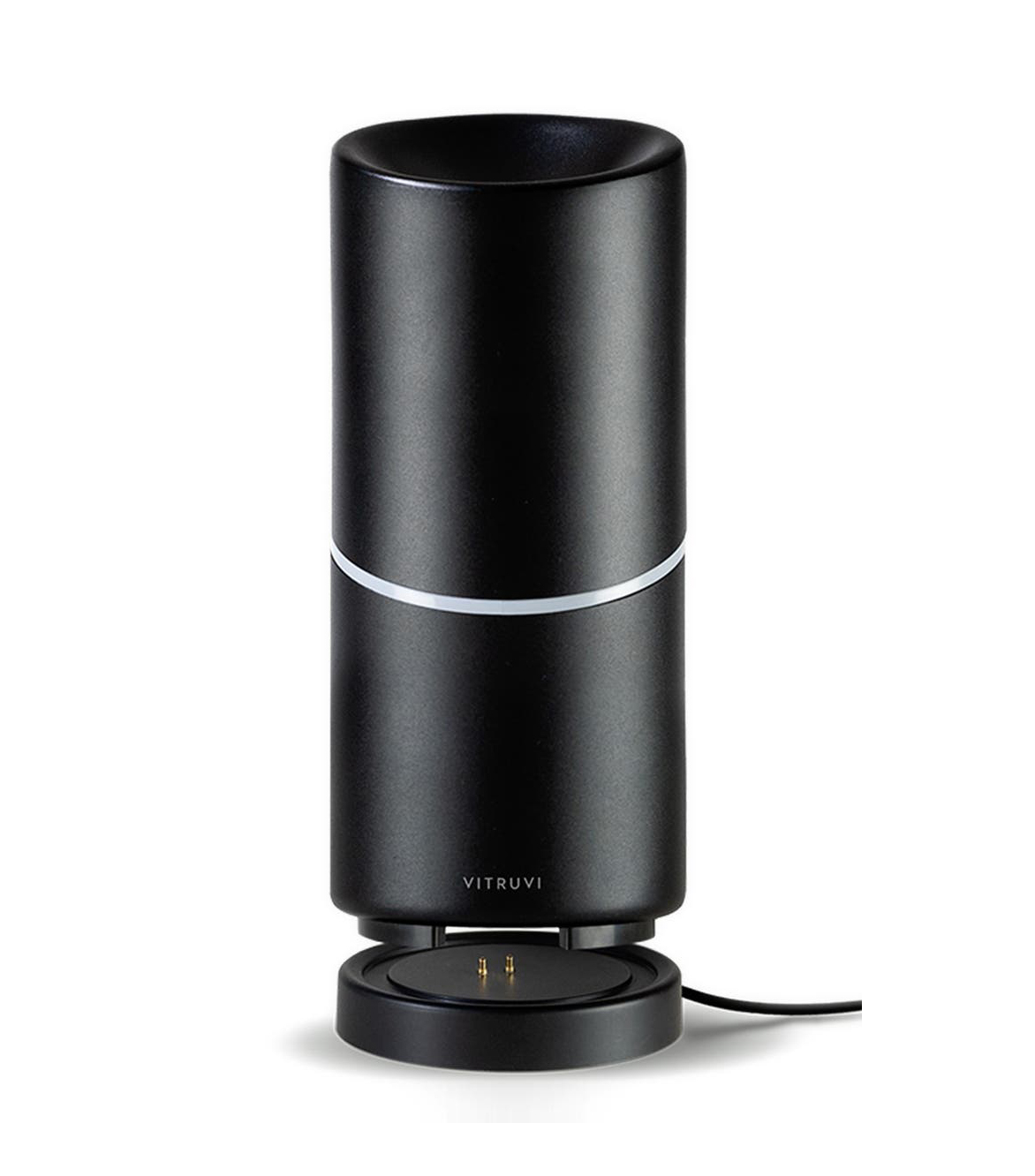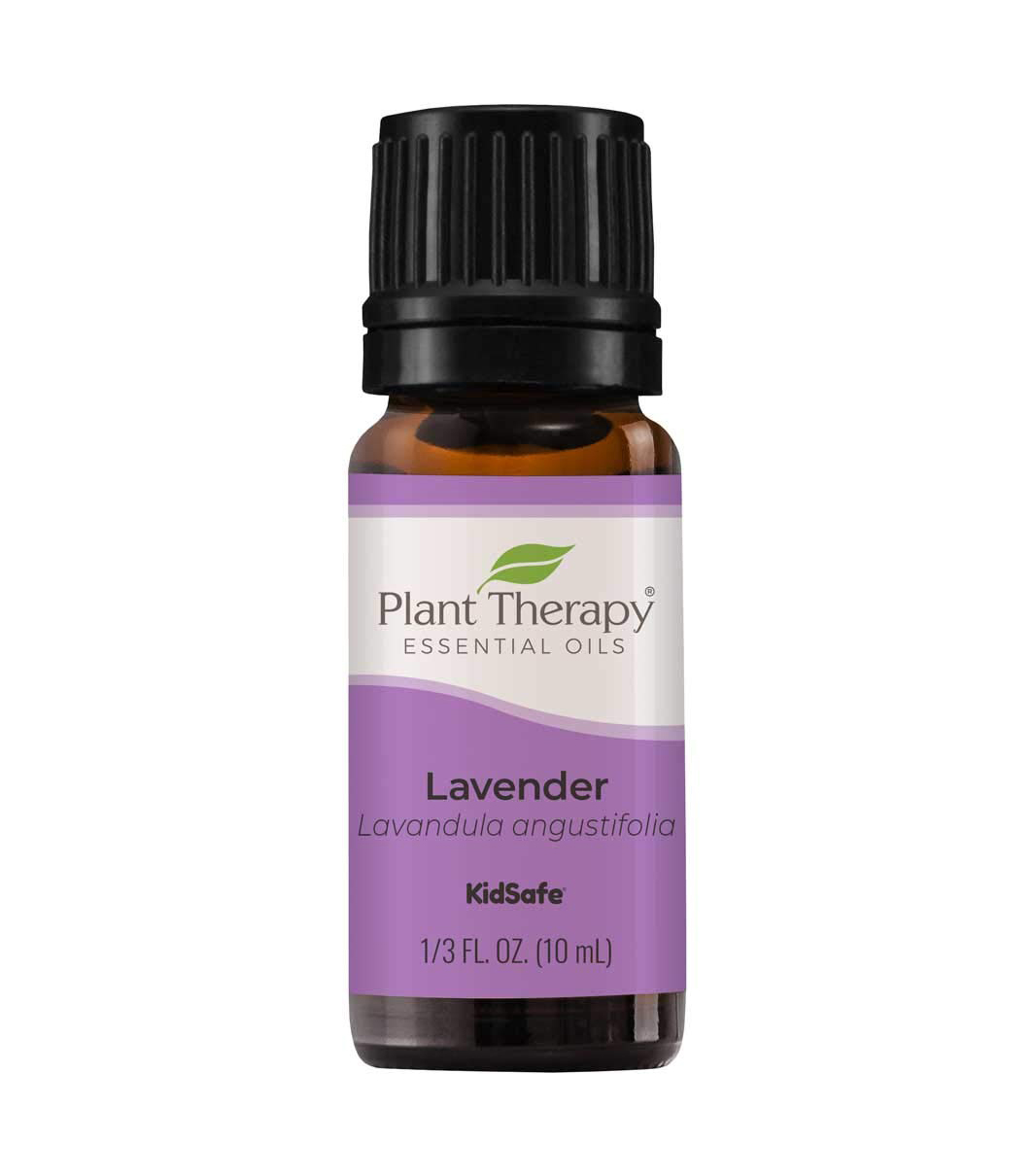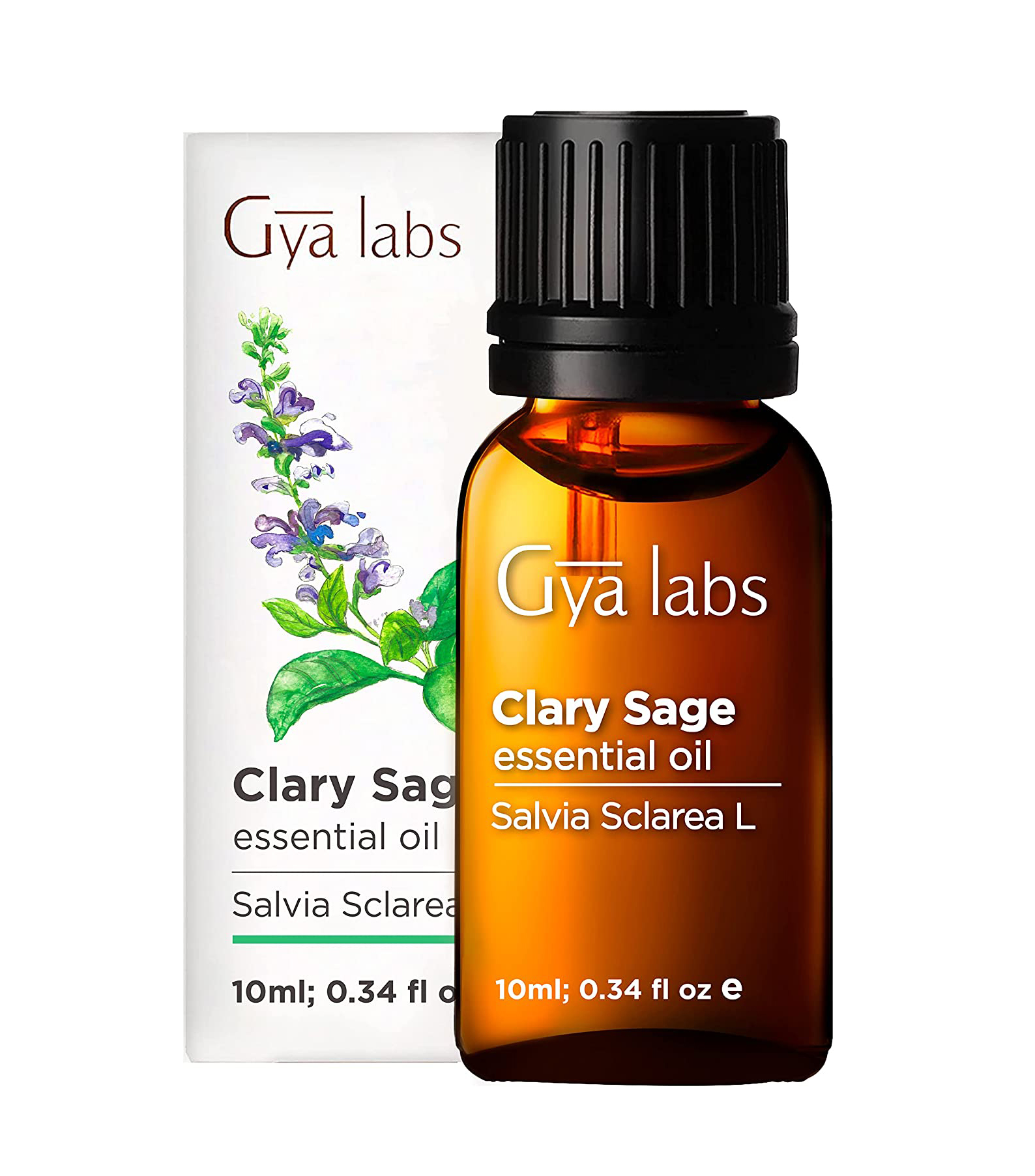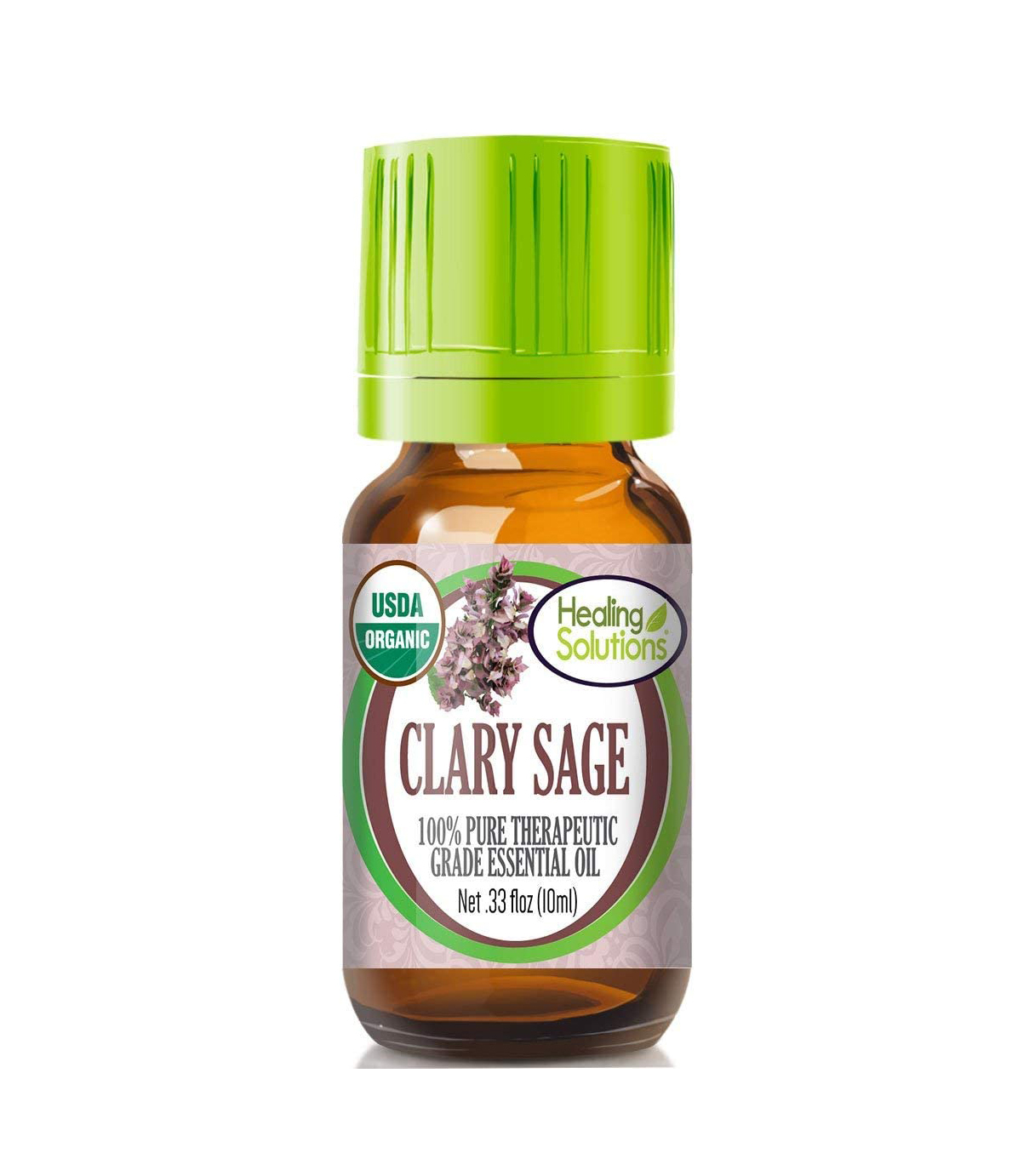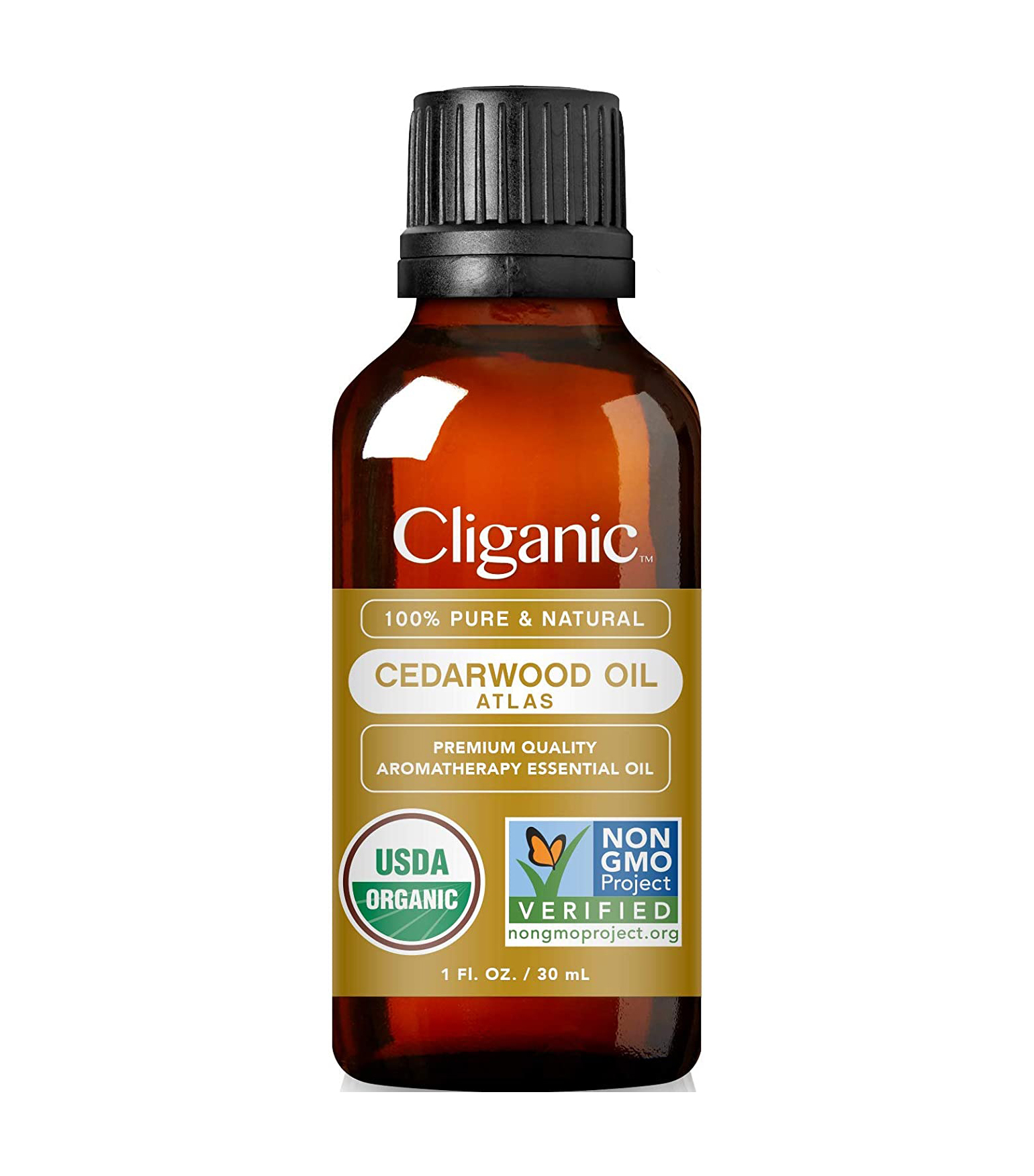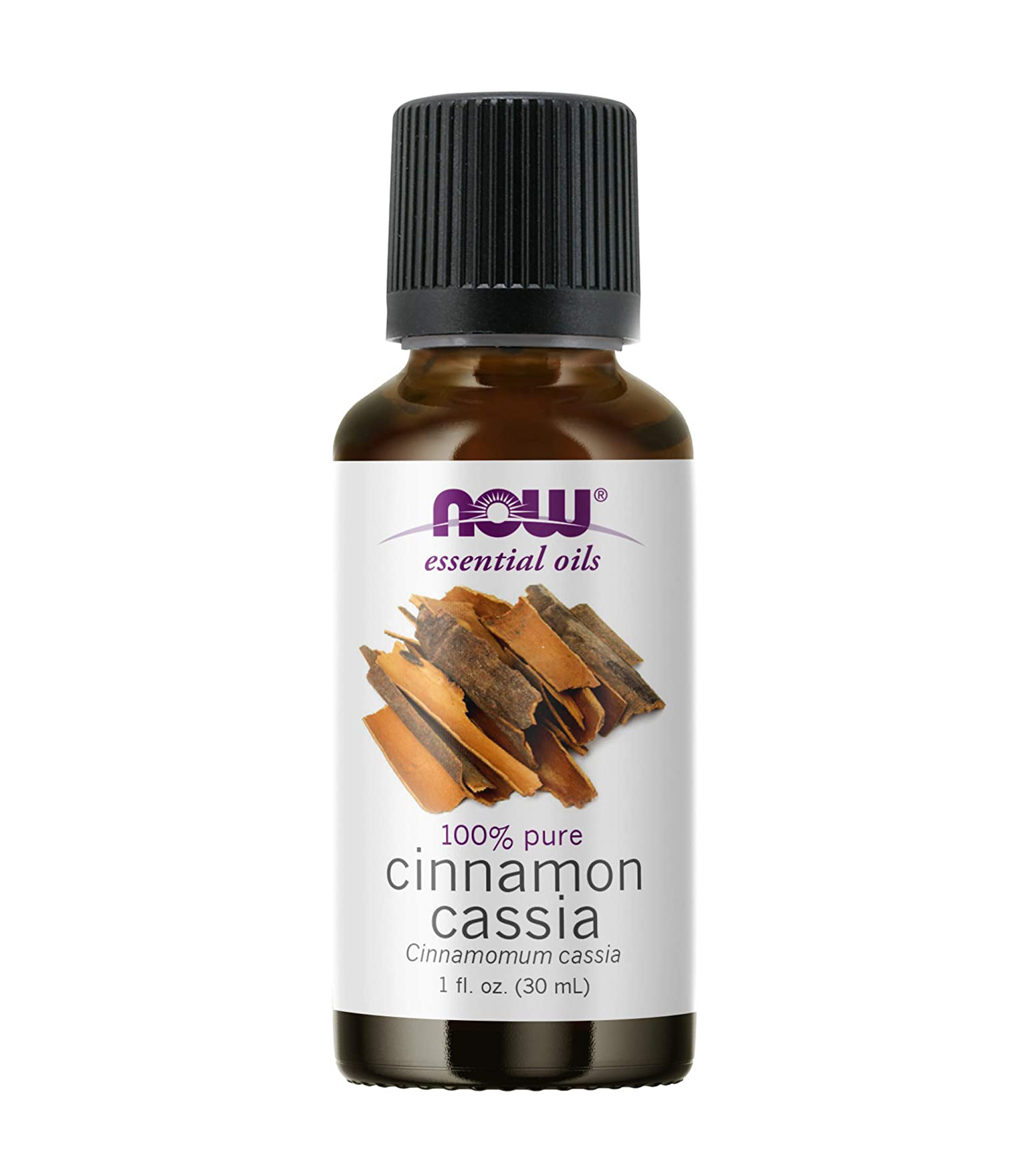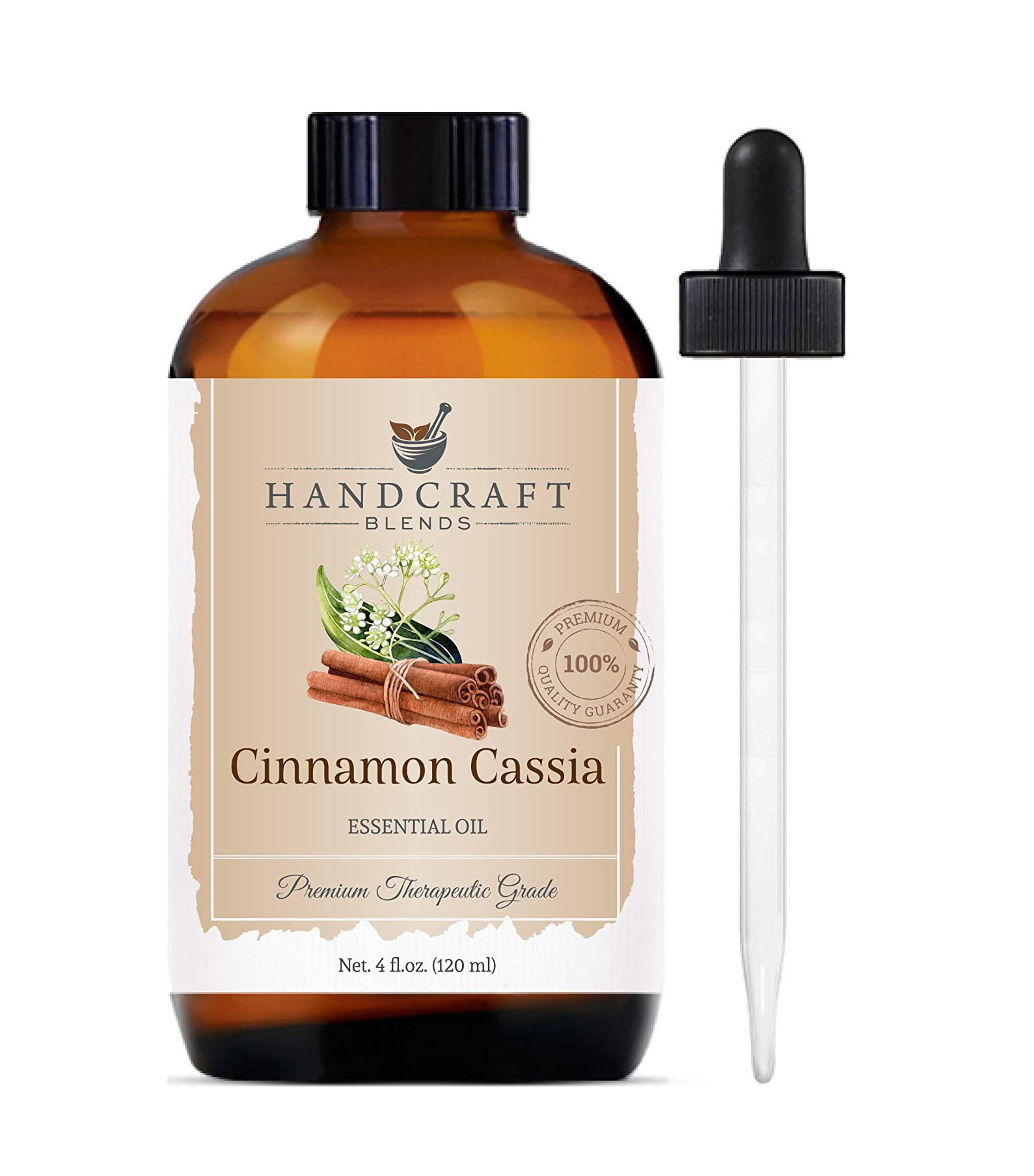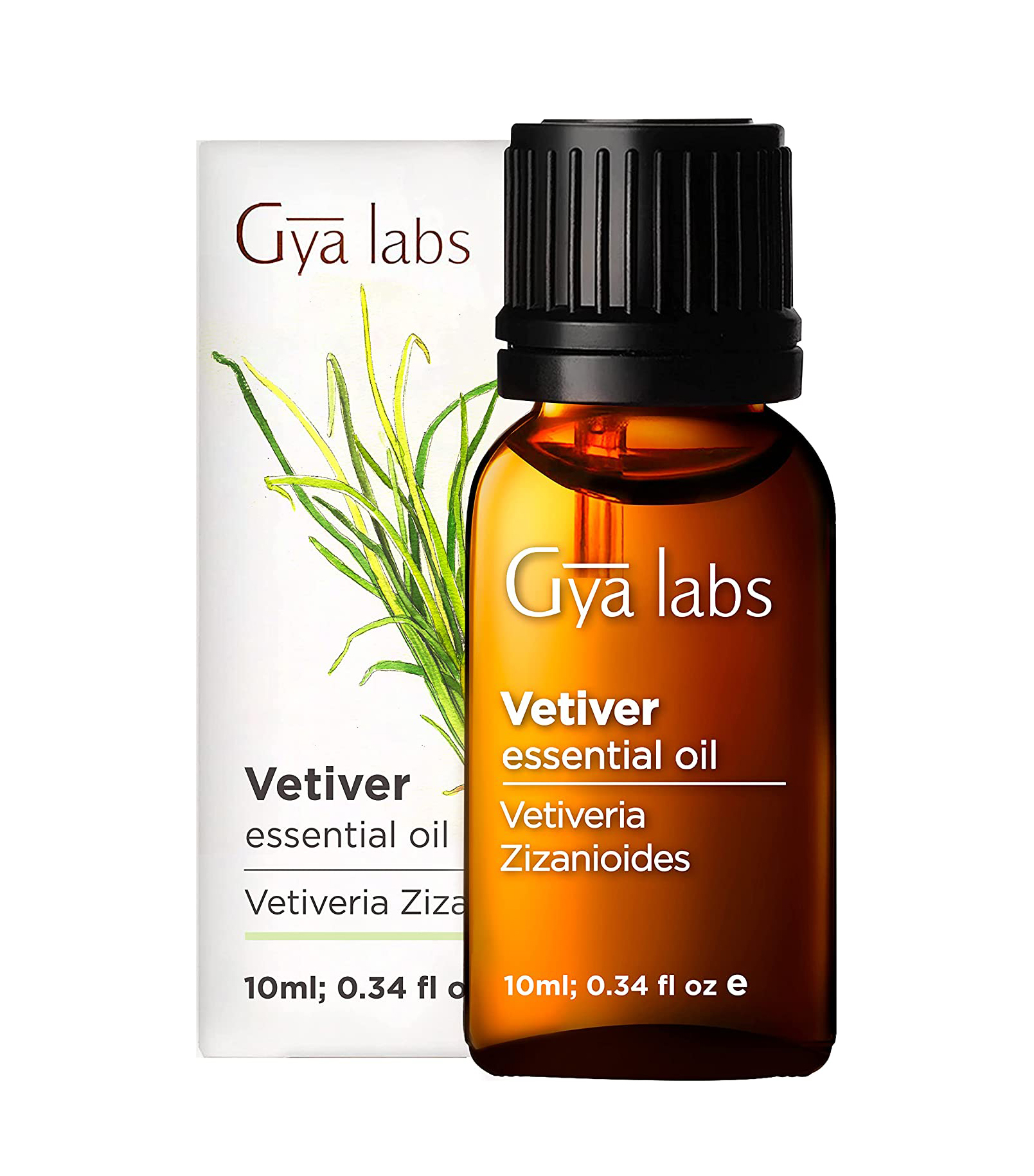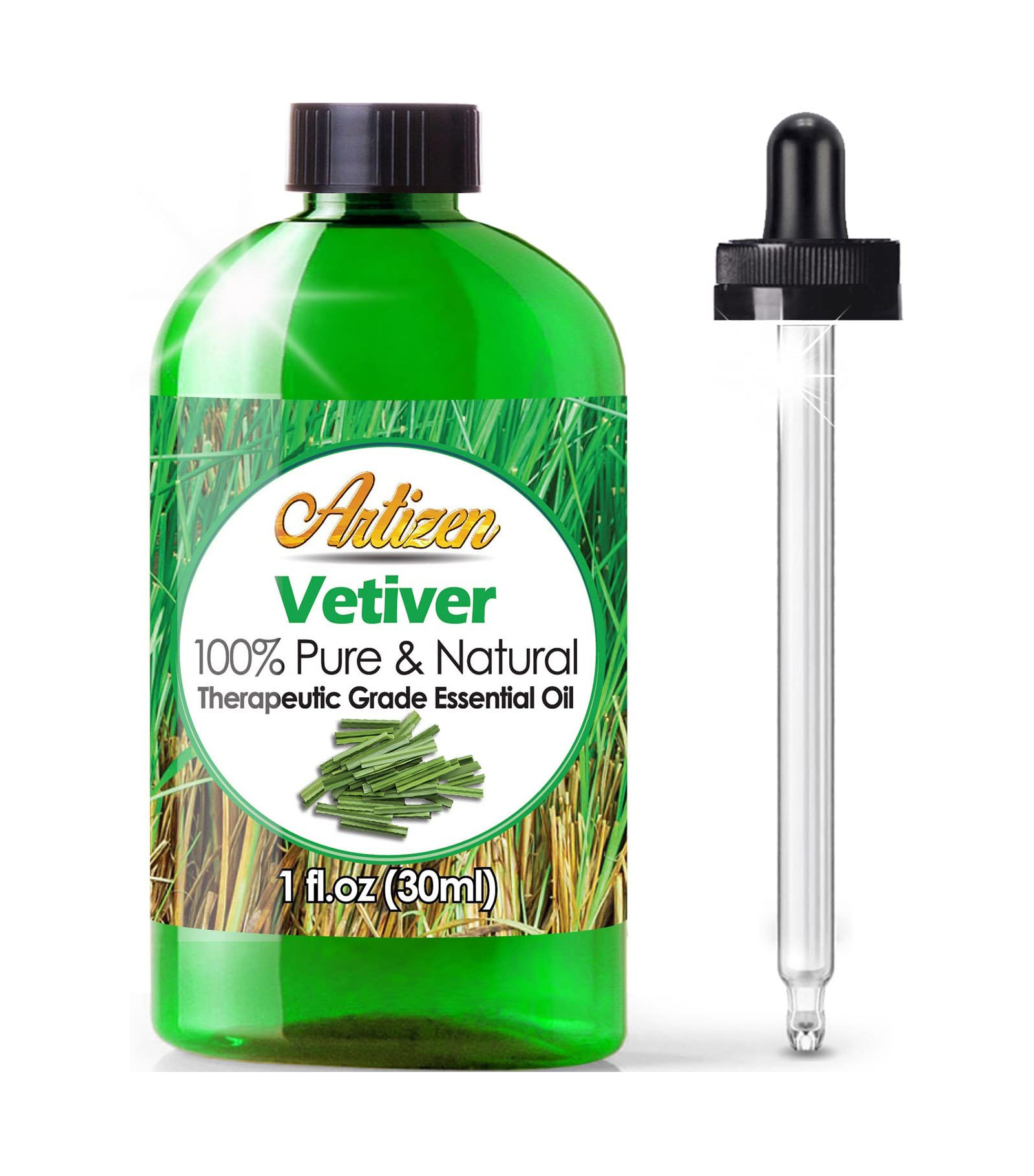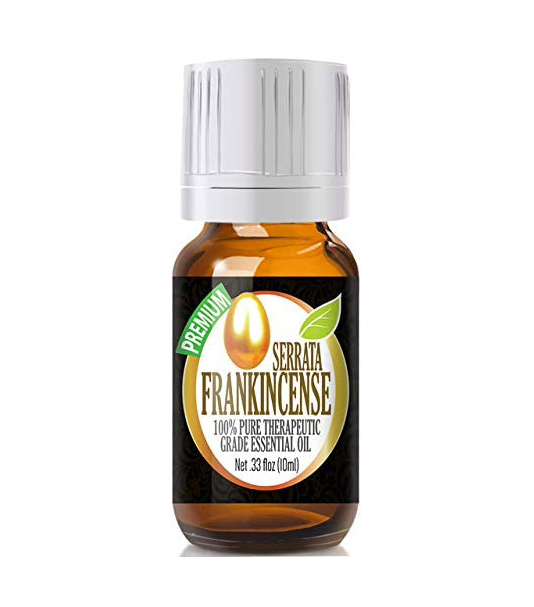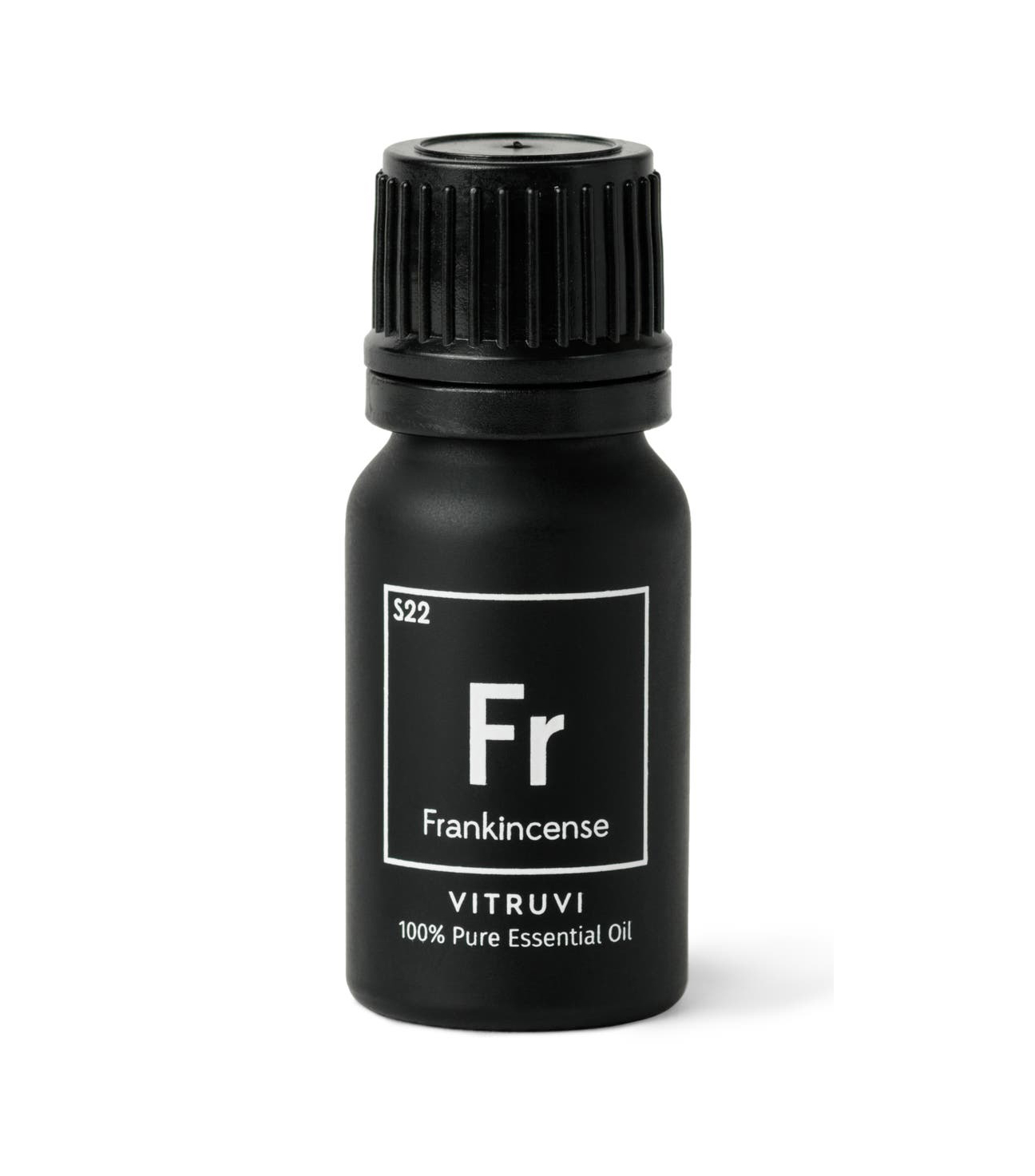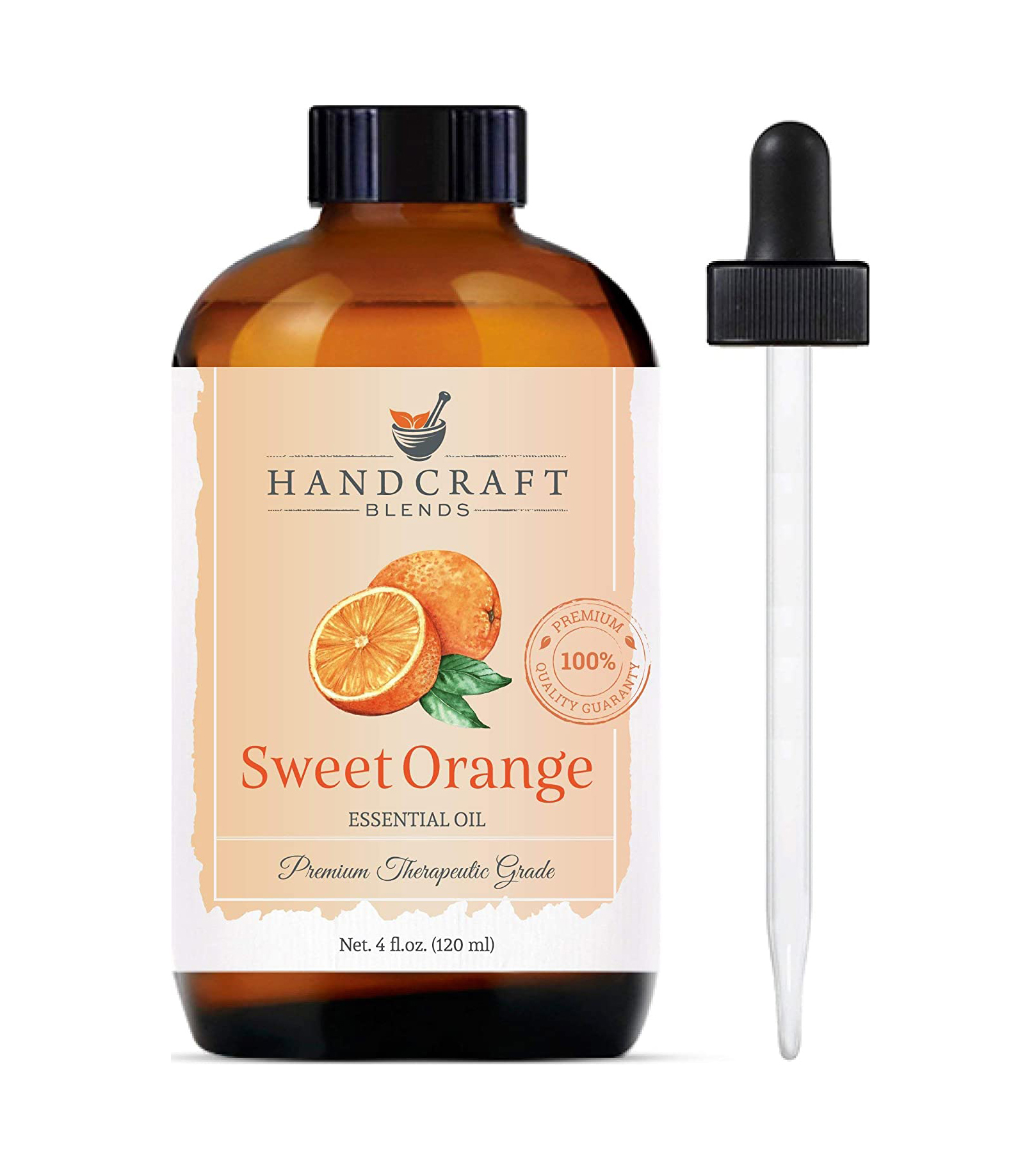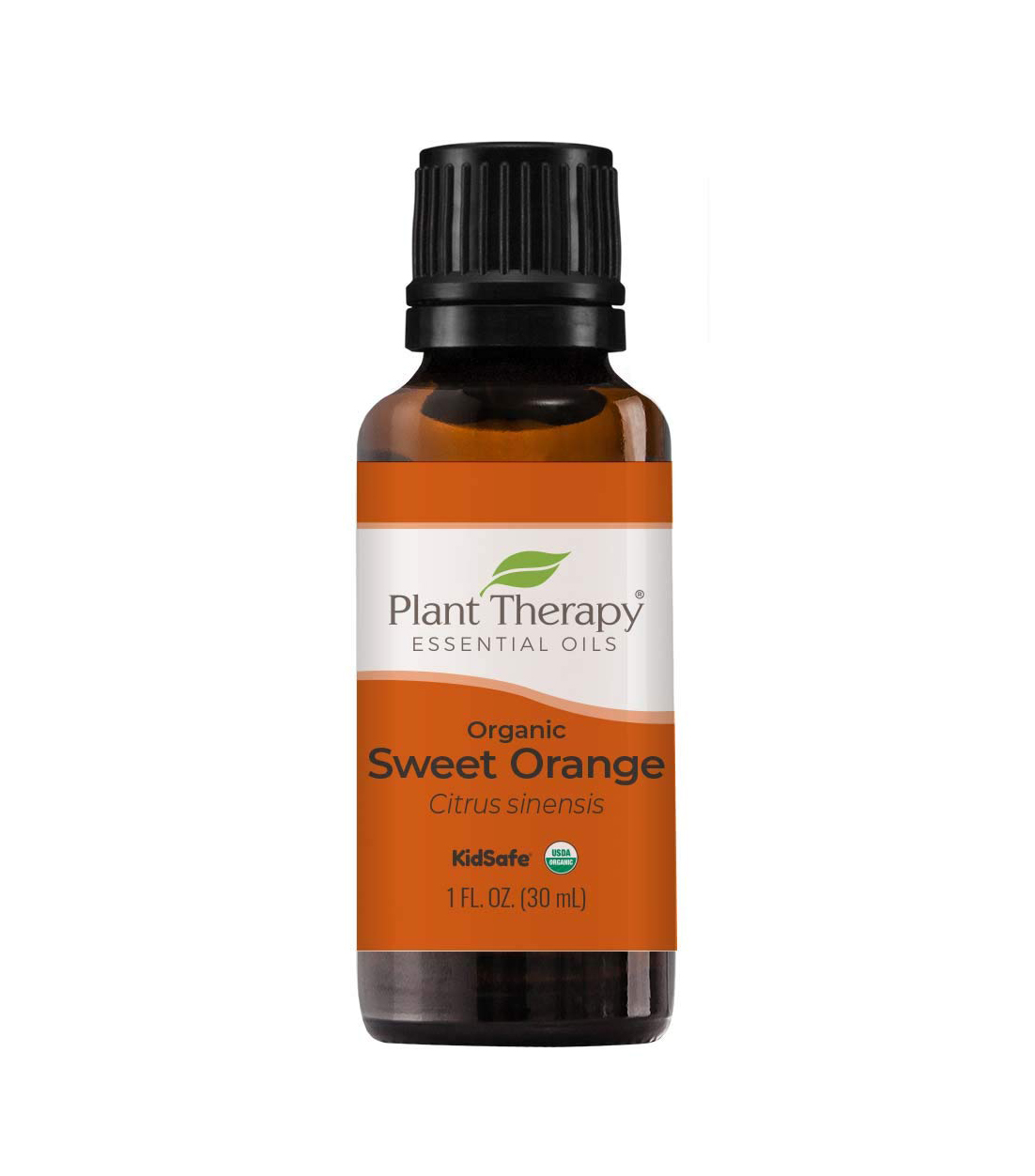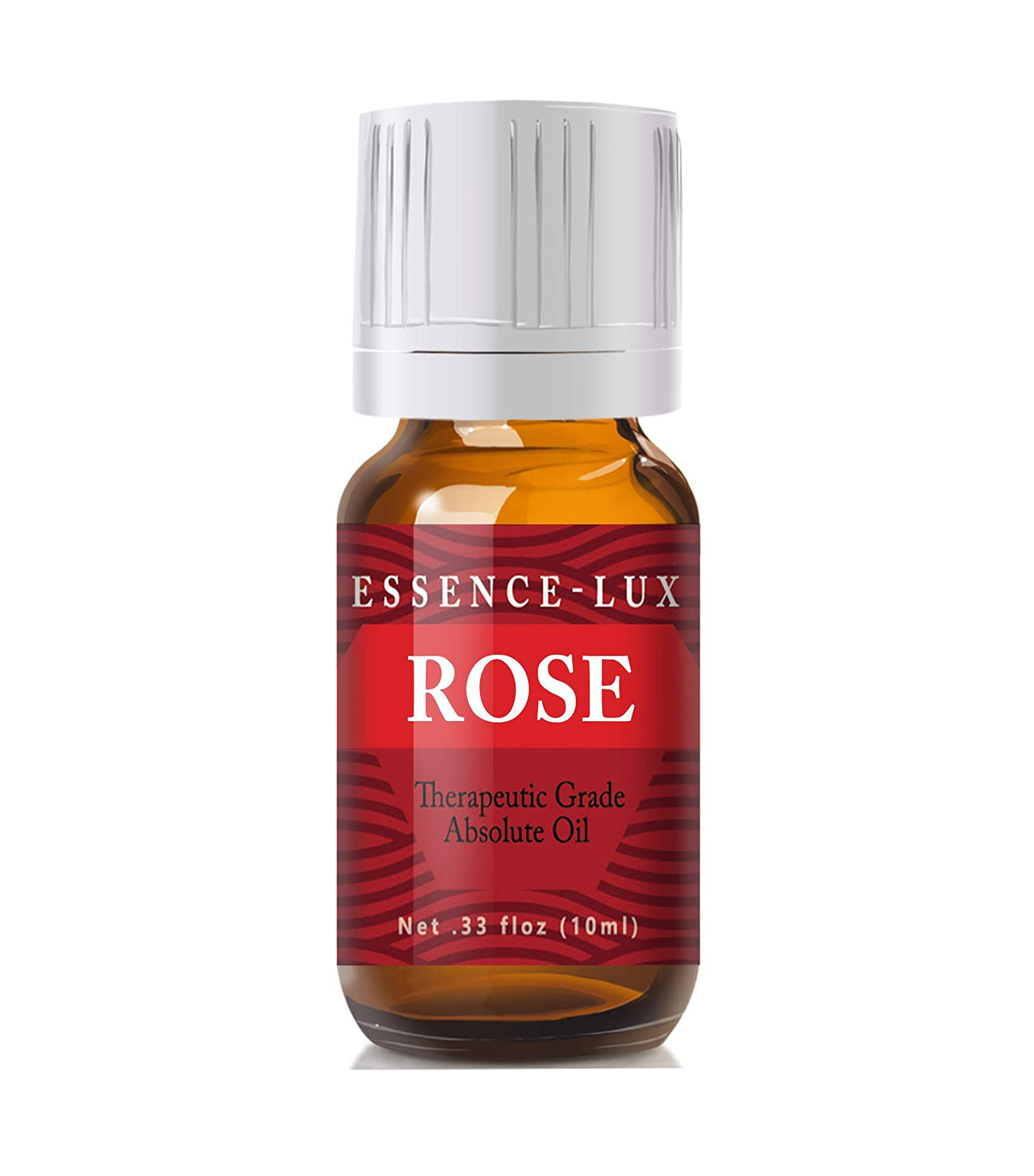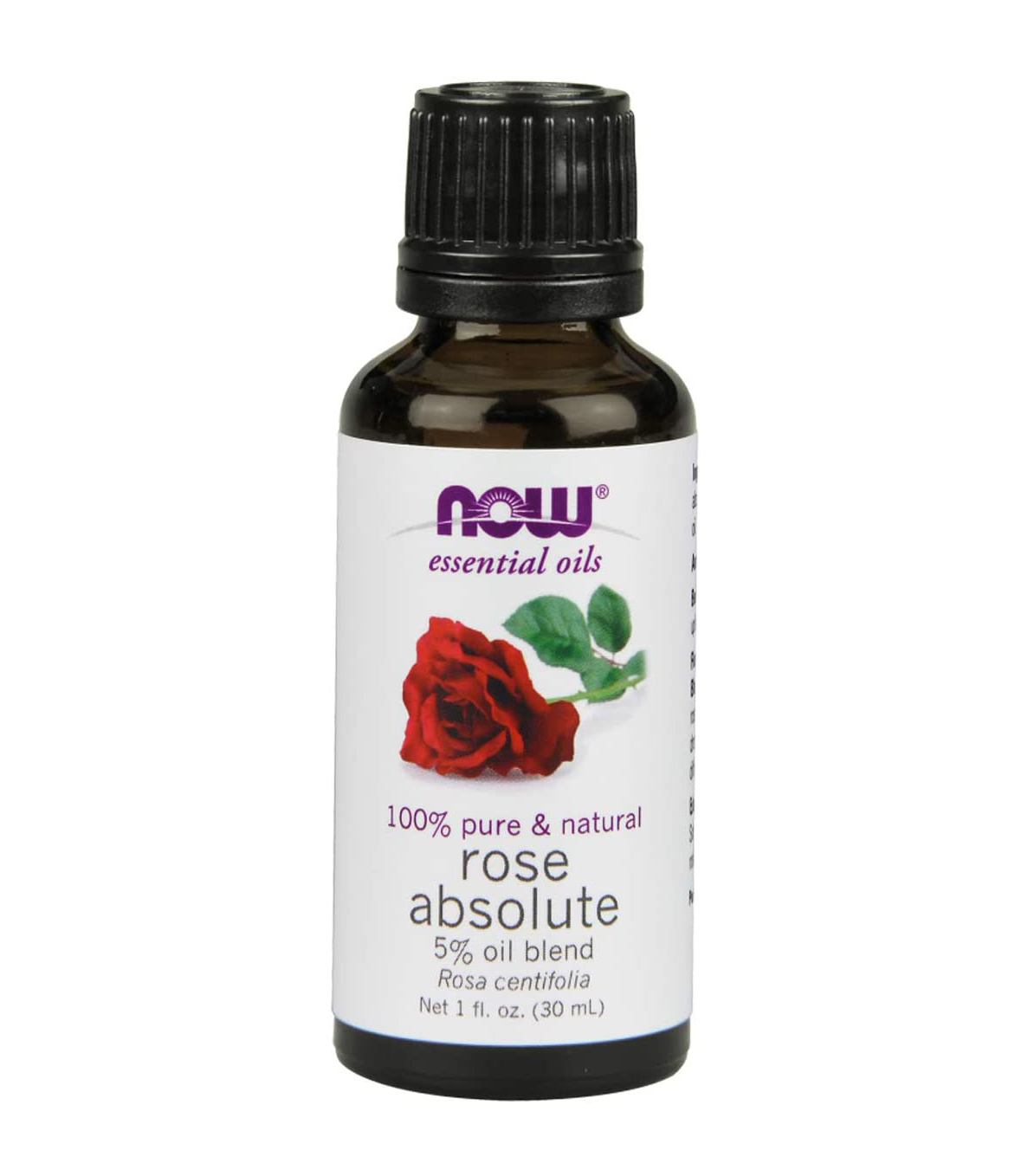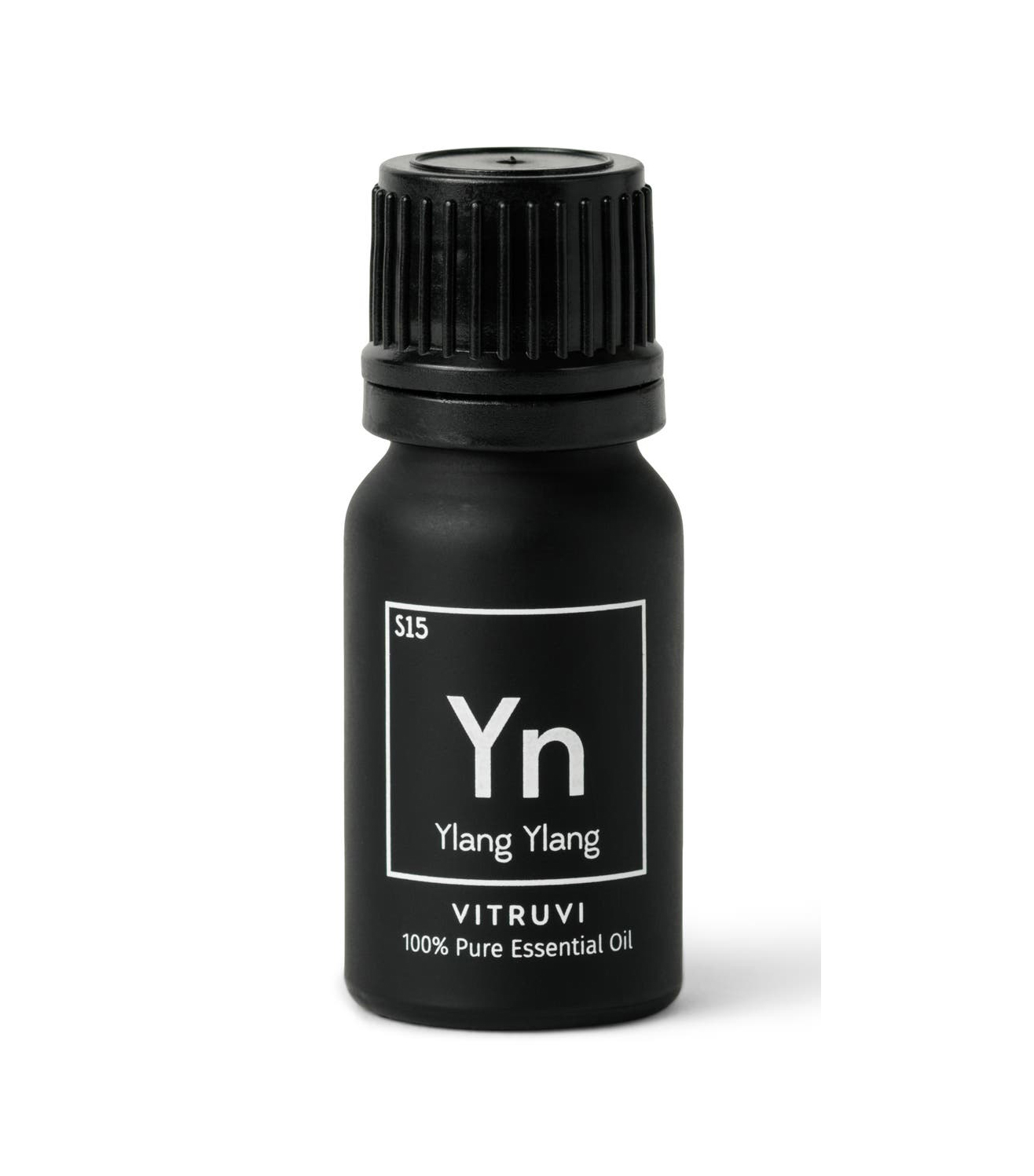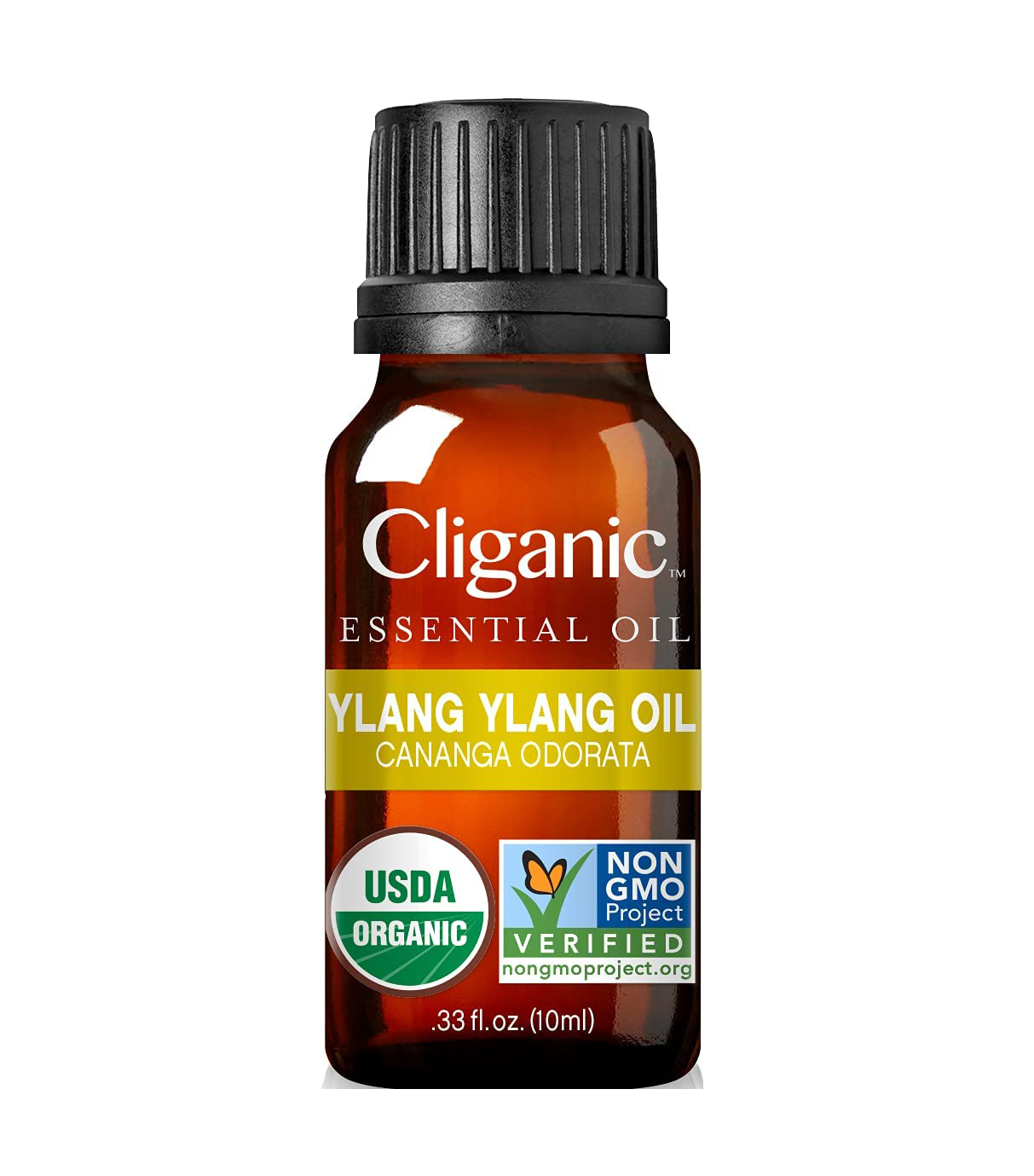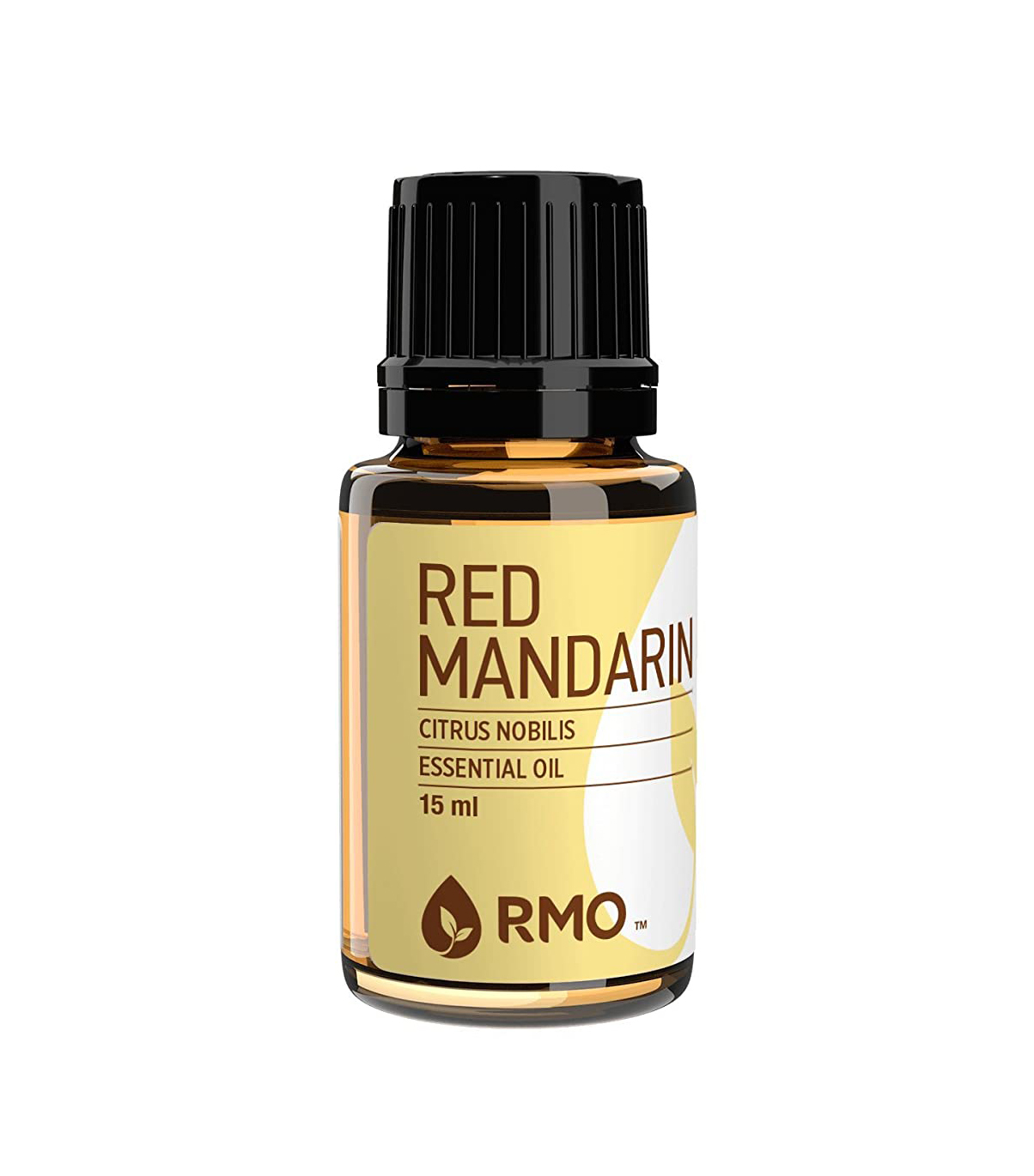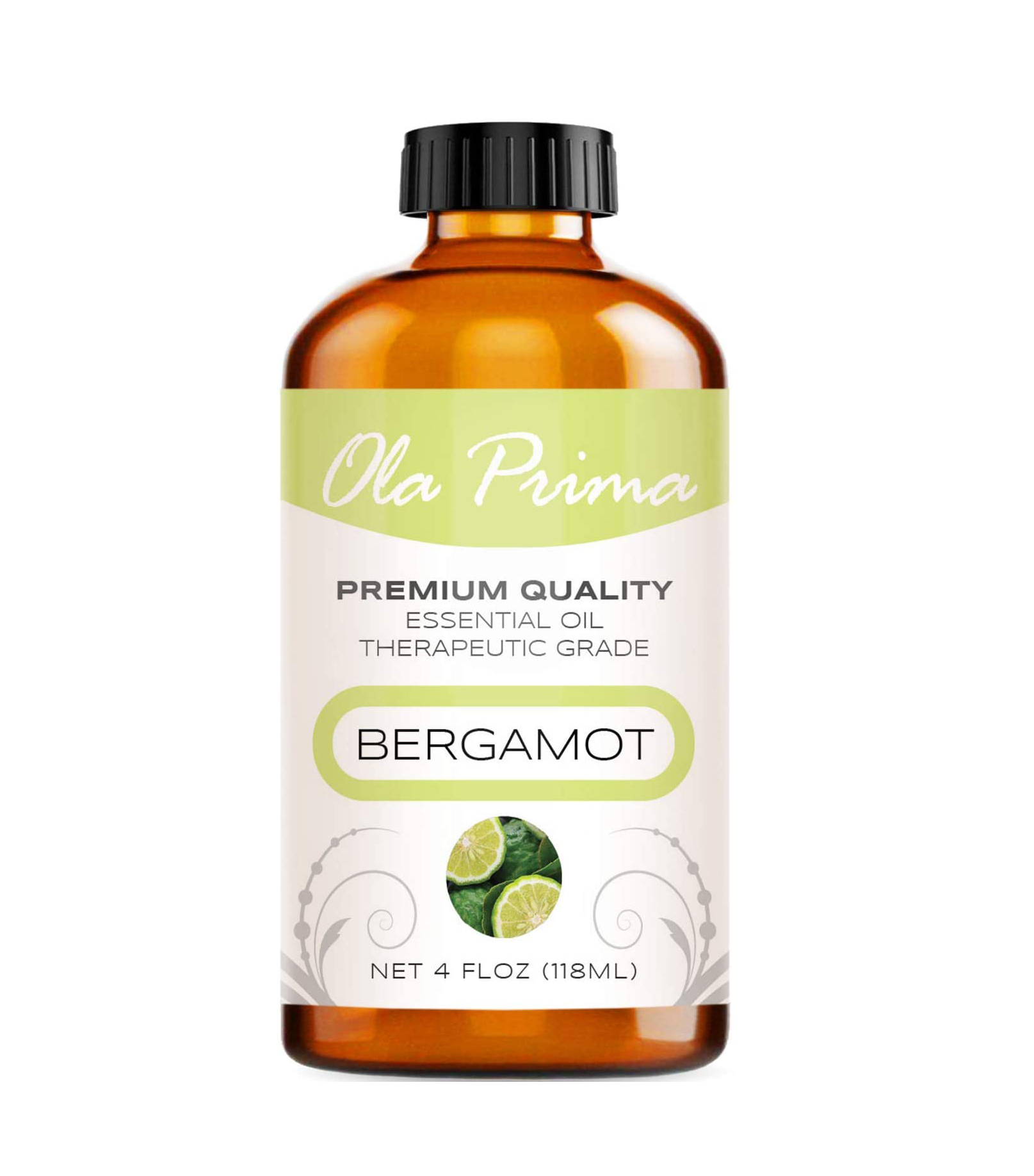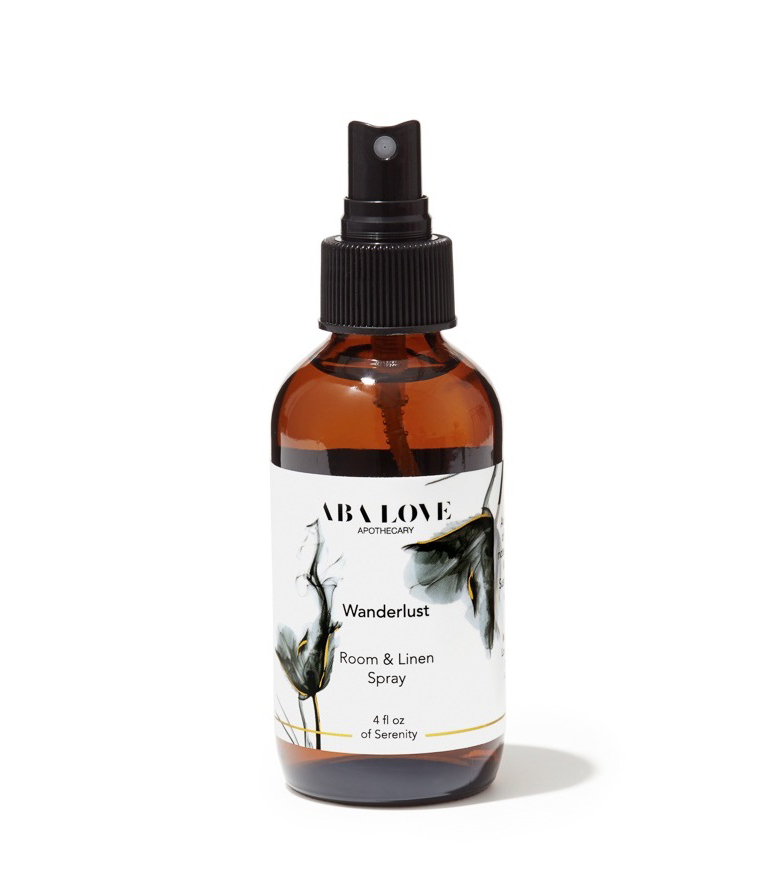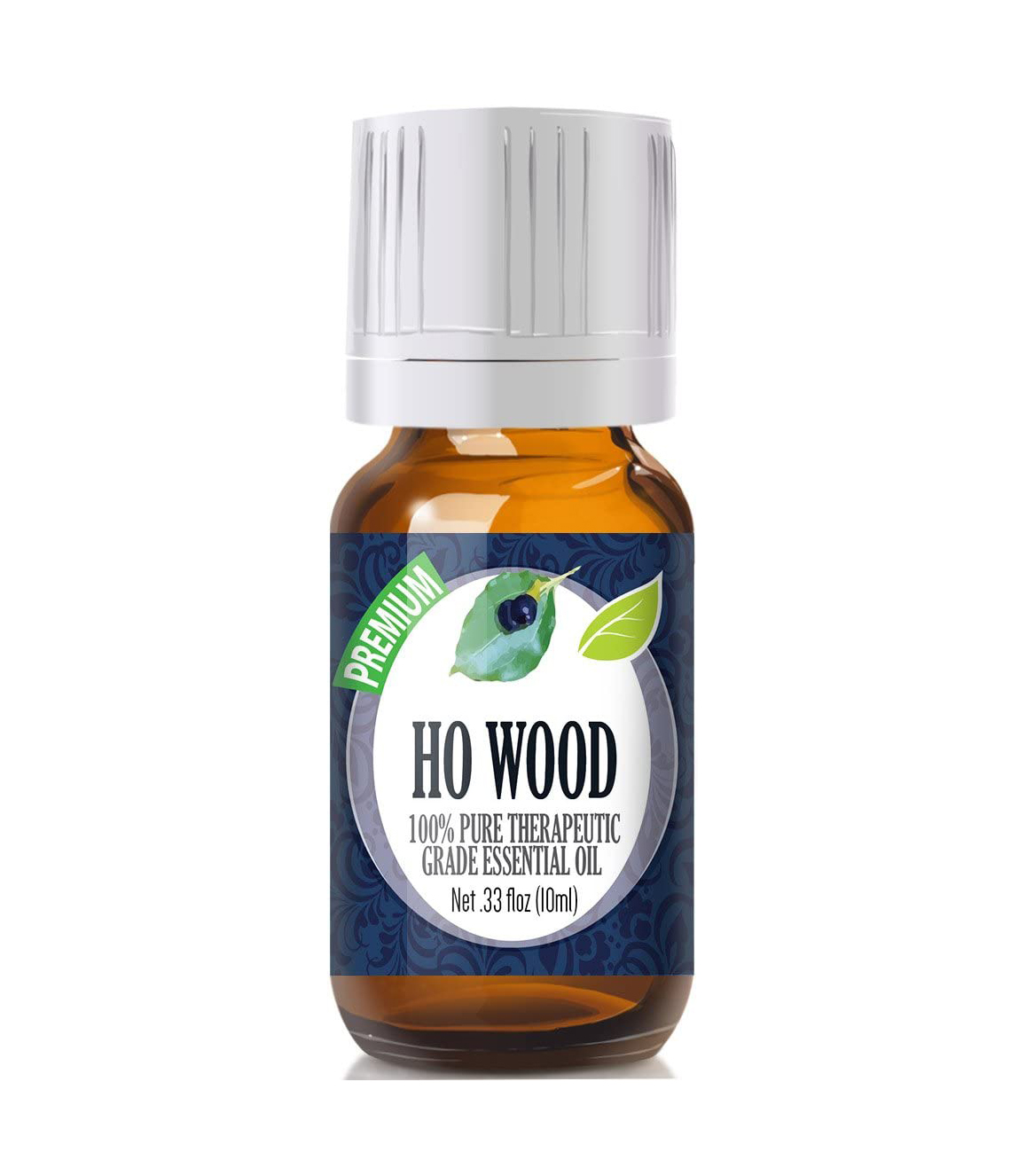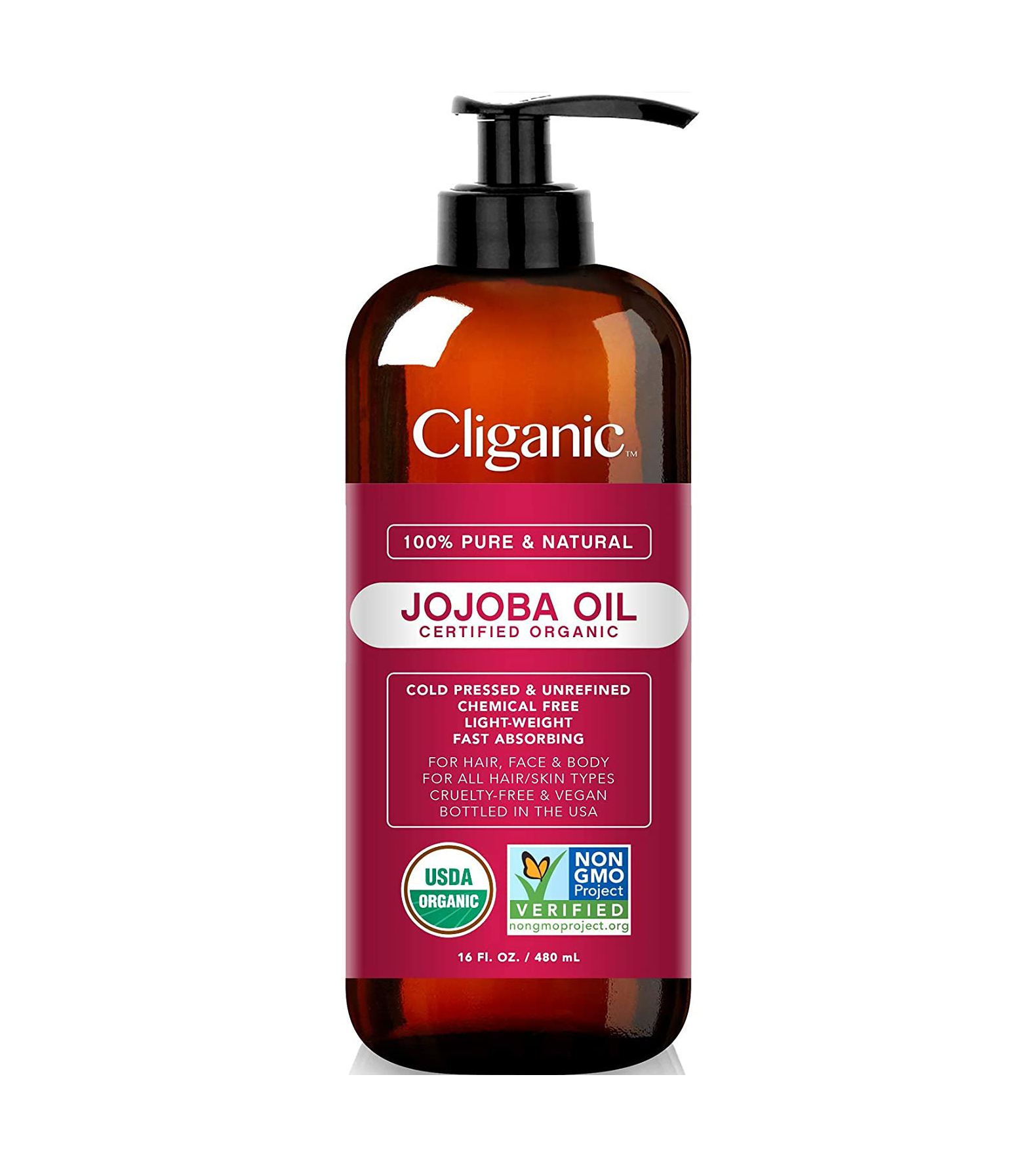The Best Essential Oils to Stock Up on for Anxiety Relief
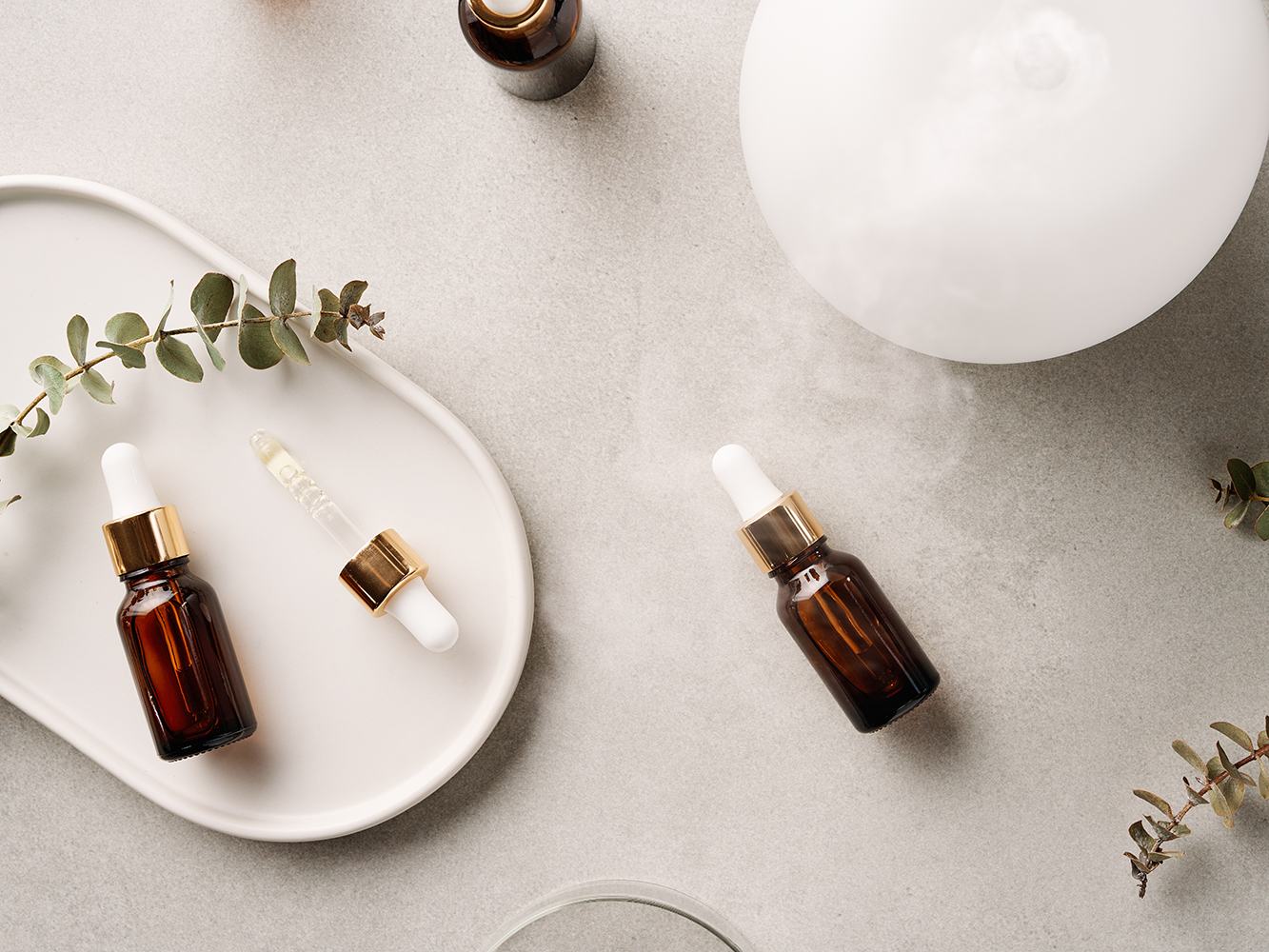
Aromatherapy has such powerful benefits. Along with helping with sleep, energy, and for a mental boost, essential oils can also be used to deal with stress and feelings of anxiety. Yes, for some people, just breathing in some scents can provide you with a sense of balance and comfort.
It turns out the bioactive components in essential oils can be beneficial on the central nervous system. "There are a variety of ways to use essential oils—topical application and inhalation are two of the most common methods of use for stress reduction," explains registered dietitian nutritionist, Maya Feller, MS, RD, CDN. "The scent of the oils stimulates the scent receptors in the nose which sends messages to the limbic system and hypothalamus to release calming neurotransmitters. Essential oils also have many antioxidant and anti-inflammatory benefits. It is thought that essential oils may help to reduce oxidative stress and inflammation, both of which are thought to be contributors to depression and anxiety, however, more research is needed in this area to correlate the therapeutic effects of essential oils on oxidative stress and inflammation in terms of mood disturbances."
When it comes to using essential oils to combat anxiety or stress, Aba Gyepi-Garbrah, certified aromatherapist and founder of Aba Love Apothecary, recommends working them into a ritual (or creating one) that works for you. "It does not have to be elaborate. But it should be simple, consistent in use, and an enjoyable experience," she says.
There are a couple of ways you can use an essential oil—through a rollerball (with a carrier oil) that you can swipe across your palms or apply to pressure points, your sternum, and your abdomen. If you don't have a carrier oil available, Gyepi-Garbrah says you can also apply a few drops to a tissue and inhale. You can also create a misting spray with a combination of high-proof alcohol and distilled water. And of course, you can invest in a diffuser and let the scent waft through your home.
As for which are the best essential oils for anxiety, the experts share their recommendations below.
1. Lavender
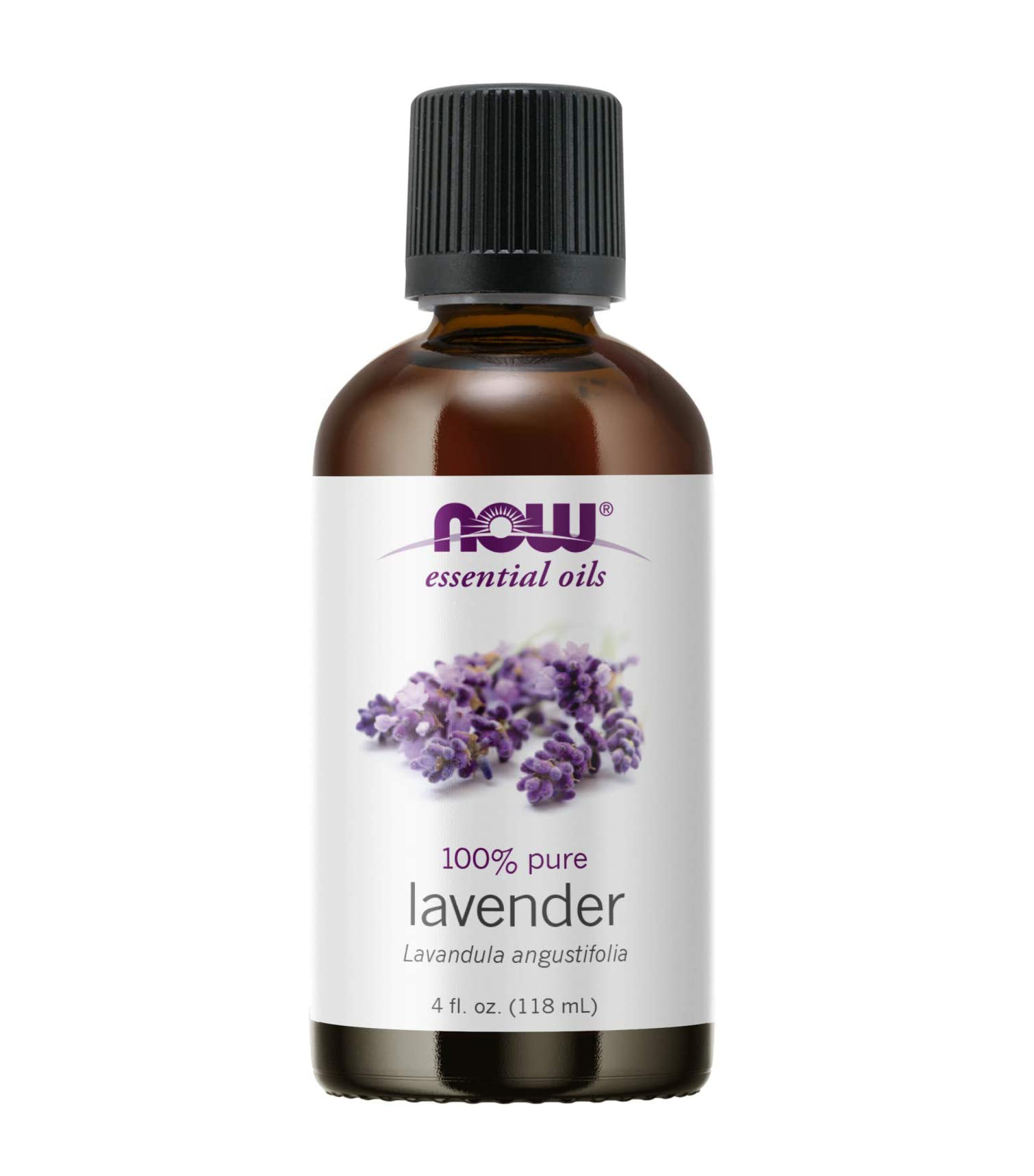
"Lavender essential oil is the most widely used essential oil for reducing symptoms of anxiety," Feller says. "The compound linalool helps to activate the sympathetic nervous system or relaxation response."
2. Clary Sage
3. Cedarwood
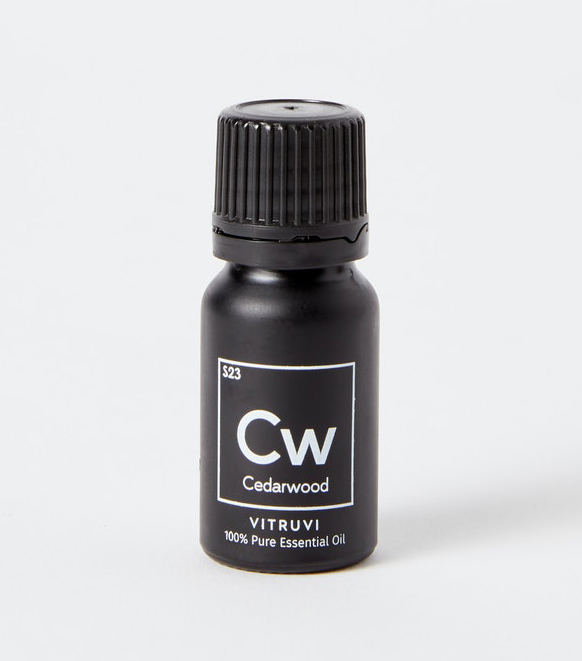
The co-founder of Vitruvi, Sara Panton, recommends cedarwood, which she says creates a warm, inviting space when diffused.
4. Cinnamon
5. Vetiver
6. Frankincense
7. Sweet Orange
8. Rose
9. Ylang-Ylang
10. Red Mandarin
11. Bergamot
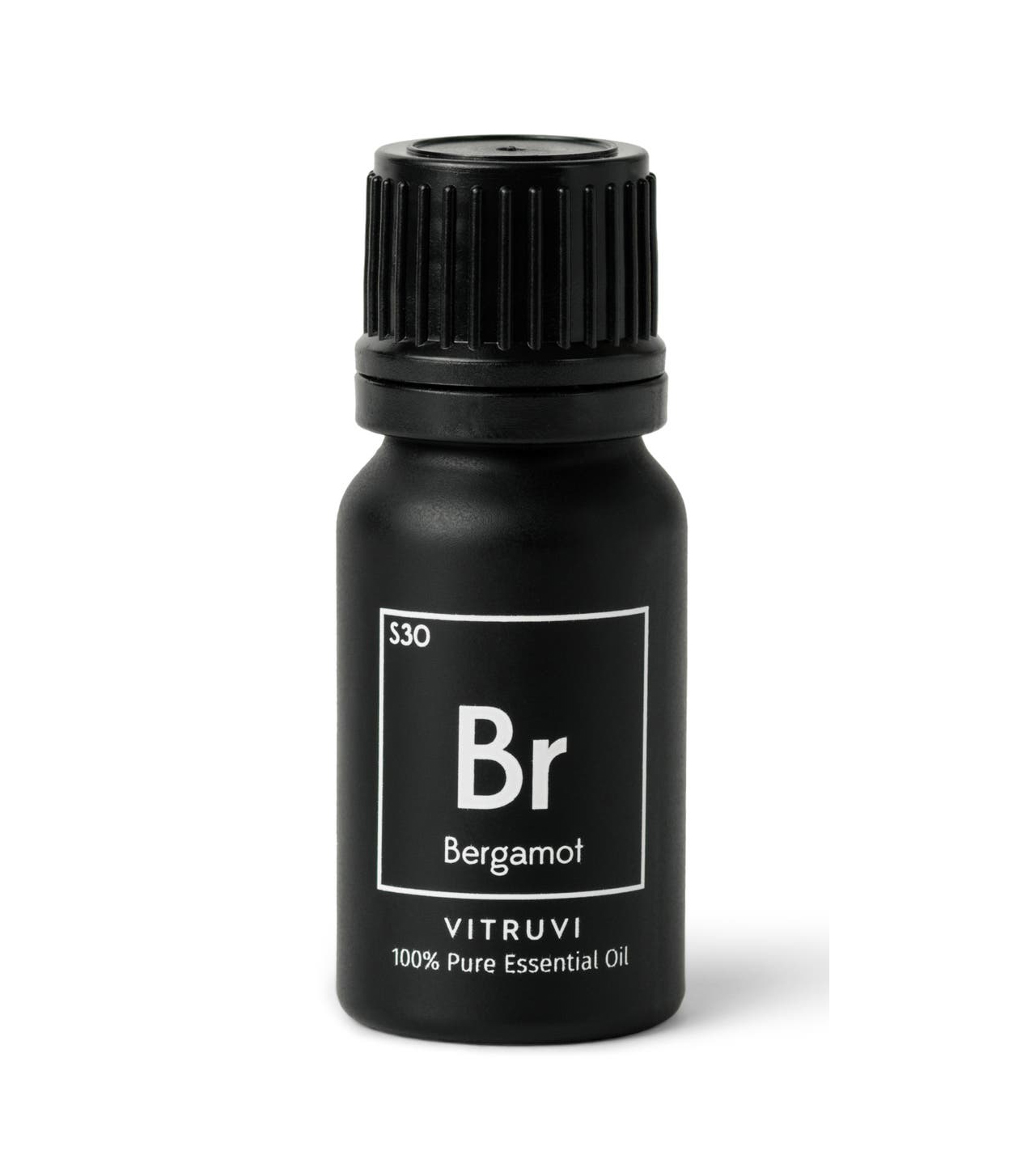
"Bergamot is great for creating a cozy vibe. With an aroma reminiscent of Earl Grey tea, it's instantly comforting, nurturing, and calming," Panton says. "Bergamot's soothing scent means it is great for an evening ritual and can be used as part of a bedtime diffusing routine."
Feller adds that it also contains linalool, which can act on GABA receptors to promote relaxation and lift mood.
12. Ho Wood
Tips for Using Essential Oils
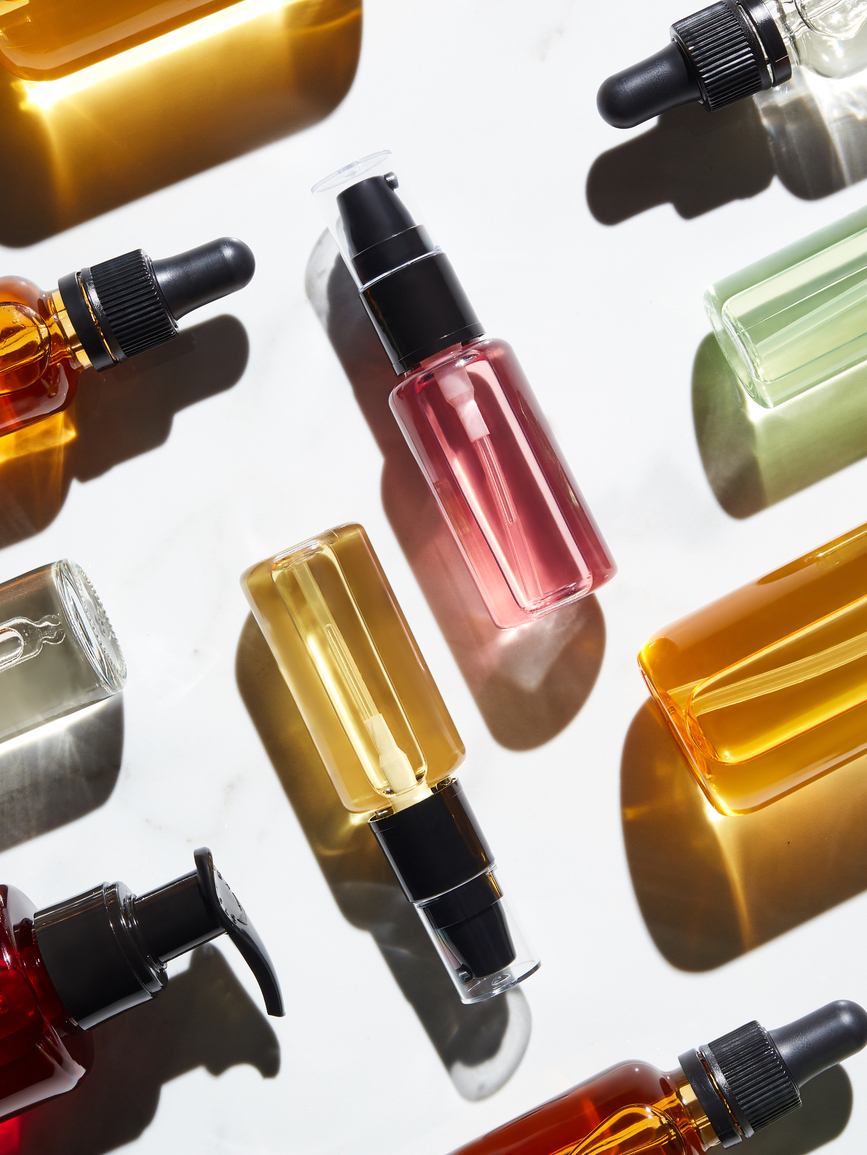
Before you start using essential oils, it's important to keep in mind some best practices to make sure you're using them correctly. Here are some tips:
Be careful if you're in a certain group: Gyepi-Garbrah recommends pregnant people, elderly, and young children use with caution.
Be mindful of pets: You should also use caution with highly-stimulating oils around pets.
Don't ingest: Gyepi-Garbrah says you should never ingest essential oils without the care of a license medical professional.
Apply to skin carefully: "Essential oils should never be applied directly to the skin, a carrier oil should always be used such as apricot, jojoba oil, or almond oil," Feller says. "If they are to be used in a bath, make sure that the oil is emulsified in an oil to avoid any irritation to the skin."
Choose high-quality products: "I always choose oils from a reputable company that tests for purity and quality," Feller says. "My long-time favorite and trusted source has been essential oils from Now."
Diffuse the scent: "If you are sensitive to strong smells, always find a way to diffuse the scent (i.e. not smelling directly from the bottle)," Gyepi-Garbrah says. "Try dropping on a tissue or cotton ball. Smelling straight from the bottle might be too much for some people."
Start slow: "A little goes a long way, always begin with a few drops of essential oil so it works on you in a subtle way," Gyepi-Garbrah suggests. "The key is to get familiar with the strength and tenacity of essential oils without overwhelming your senses."
Add drops carefully: "Be sure to pay close attention to the number of recommended drops for each oil as some have stronger properties than others," Panton says.
Next, These 13 Essential Oils Are the Key to More Youthful-Looking Skin
This article is provided for informational purposes only and is not intended to be used in the place of advice of your physician or other medical professionals. You should always consult with your doctor or healthcare provider first with any health-related questions.
Sarah is lifestyle writer and editor with over 10 years of experience covering health and wellness, interior design, food, beauty, and tech. Born and raised in Los Angeles, she attended New York University and lived in New York for 12 years before returning to L.A. in 2019. In addition to her work atBest Knockoff Luxury Clothing , she held editor roles at Apartment Therapy, Real Simple, House Beautiful, Elle Decor, and The Bump (sister site of The Knot). She has a passion for health and wellness, but she especially loves writing about mental health. Her self-care routine consists of five things: a good workout, “me” time on the regular, an intriguing book/podcast/playlist to unwind after a long day, naps, and decorating her home.
